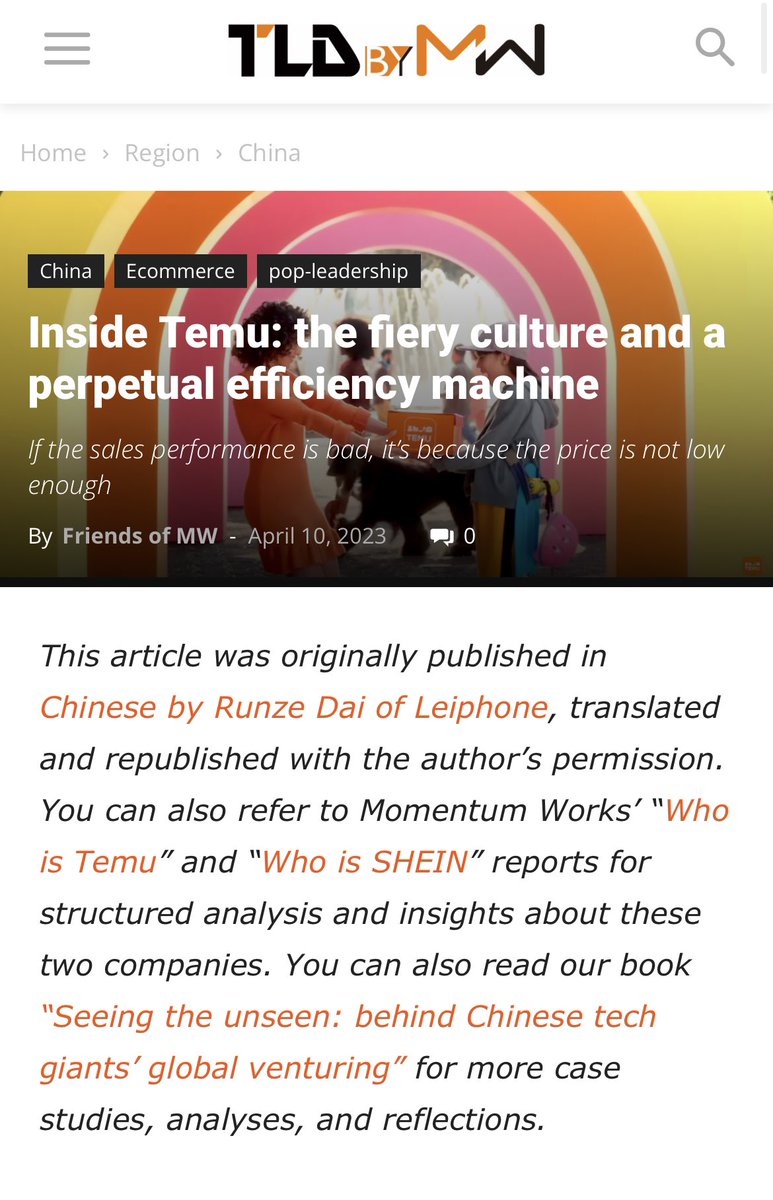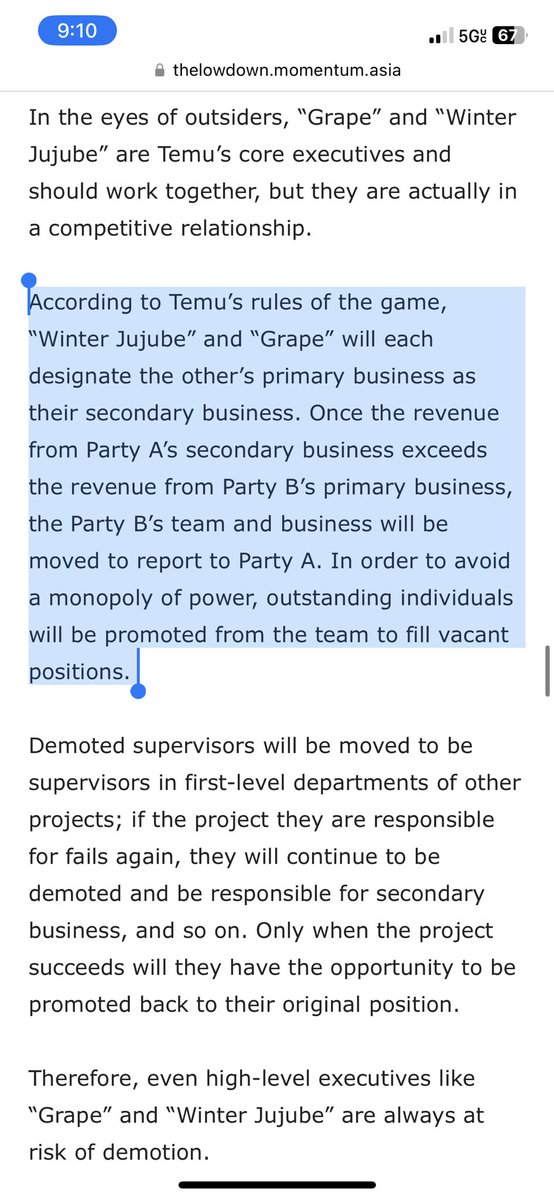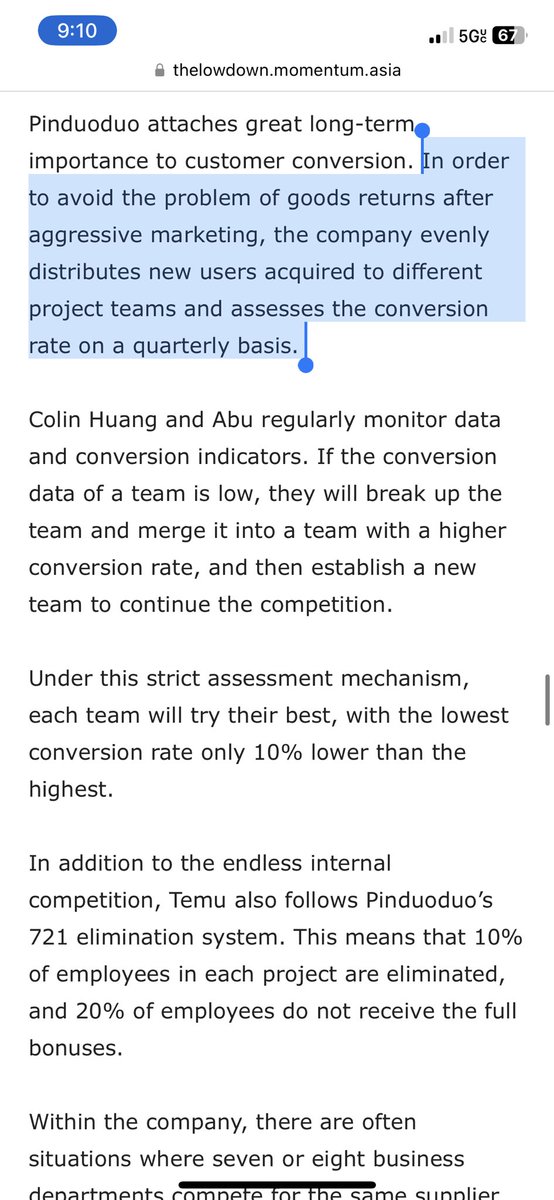1/ I was rereading Softwar (the 2004 book on Larry Ellison and Oracle) this morning, and the main thing that stood out to me is that pretty much every idea in software today was already basically around 20 years ago 

2/ Twenty years ago, everybody in the software industry was already debating whether "best of breed" applications would triumph over integrated solutions from Accenture ("one throat to choke") 

3/ Twenty years ago, everybody in software was already complaining about how every company's data was getting siloed across a hundred different databases daisy-chained together by hacky ETL scripts, instead of a single system of record 

4/ Twenty years ago, the software industry was already talking about transitioning datacenters from scale-up to scale-out computing, i.e. "making a bunch of cheap little computers 'look' like a big computer"
(Notice this is the whole premise of modern cloud computing)
(Notice this is the whole premise of modern cloud computing)

5/ *Thirty* years ago, the software industry was already talking about how "internet computing will centralize data storage in huge databases and processing on large servers, while distributing information on demand across a global network"
...aka the Cloud, 11 years before AWS
...aka the Cloud, 11 years before AWS

6/ Twenty years ago, the software industry was already convinced that the future of the business model would be selling "software as a service"! 

7/ Contrary to popular belief, scale-out computing, the cloud, SaaS, etc. were all ubiquitous ideas by the 90s. The irony of Softwar is that Oracle had little to do with the ultimate success of these ideas
Predicting the future is easy, it's just making money that's hard!
Predicting the future is easy, it's just making money that's hard!
• • •
Missing some Tweet in this thread? You can try to
force a refresh
 Read on Twitter
Read on Twitter











